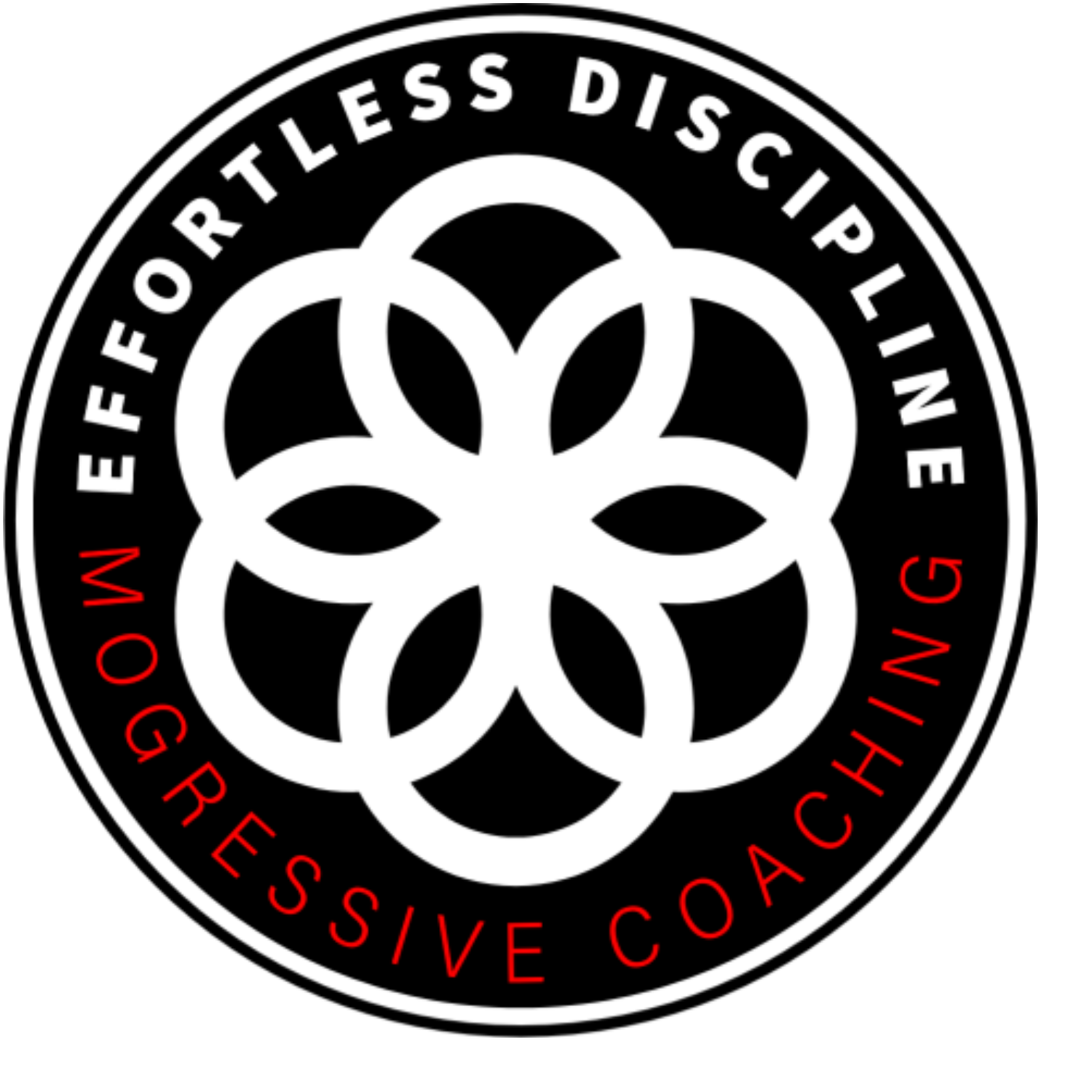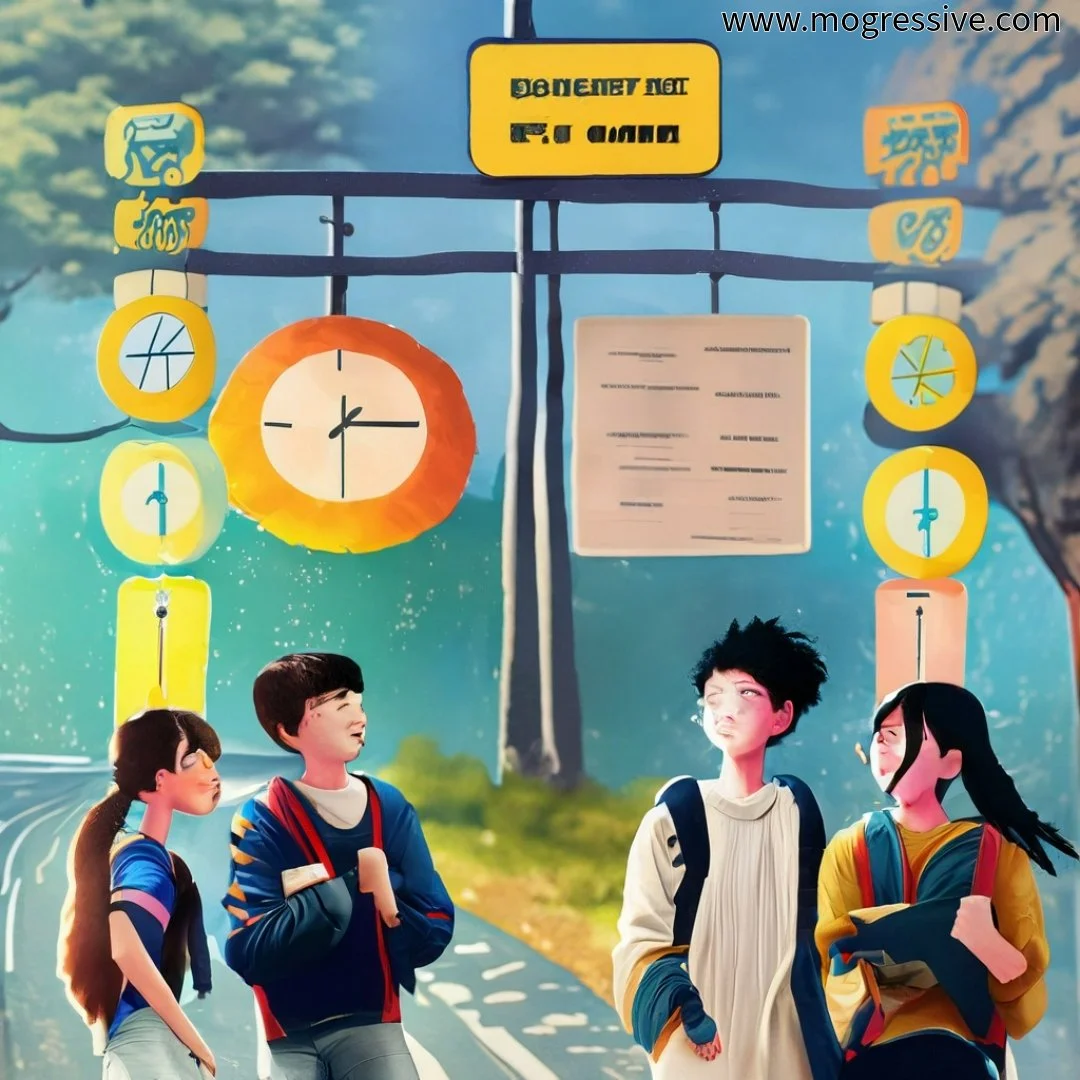From Stress to Success: Your College Timeline & How to Master It 🎓
Embarking on the rollercoaster ride of college life
It was found that college students who followed a structured timeline for managing stressors were 25% more likely to maintain a higher GPA throughout their academic journey. Students who embraced this approach echoed its effectiveness in reducing anxiety and enhancing their overall college experience. So if you know someone struggling or unsure of their college path, go ahead a forward this to them, share that gratitude today. It’ll come back 10x.
I soon realized that it wasn't just about attending classes and acing exams; it was a whirlwind of emotions and challenges that would test my resilience at every turn. The transition from high school to college, the shift from military to college life, or the decision to pursue higher education after a career change brought with it a unique set of stressors. However, rather than being daunted by these transitions, I chose to embrace them and craft a personal roadmap that would not only guide me through the turbulent seas of college life but also empower me to navigate with confidence and grace.
As I reflect on my journey through the seasons of student stress, I've come to realize that each month brought its own unique set of trials and tribulations. Whether it was adjusting to a civilian life after the military, adapting to a new career path, or transitioning from the structured world of high school, my college experience has been a whirlwind of emotions and growth.
Tame the Beast!
Checkout the checklist at the bottom to download
In September, the weight of homesickness and the anxiety of fitting in loomed large, especially for someone like me who was transitioning from a military background or a different career. The feeling of inadequacy was palpable, but with a clear understanding of these stressors, I was able to prepare myself emotionally. I recognized that making new friends and adjusting to life with roommates, or living w/parents required patience and open communication. This awareness helped me lay a strong foundation for my college journey, regardless of my unique background.
October brought academic demands and the consequences of poor judgment, but by acknowledging the need for time management and self-reflection, I was better equipped to tackle these challenges. I learned that my choices had consequences, and by taking ownership of them, I could shape my academic path positively, whether I was a recent high school graduate or a seasoned professional seeking a new direction.
The holiday season in November and December brought its own set of stresses, from social tensions to financial strains. But by planning ahead and managing my time effectively, I ensured that I could enjoy the festive season without jeopardizing my academic or financial stability, regardless of my prior experiences.
March marked a shift towards social and academic pressures, with decisions about drug and alcohol use becoming more prominent. Recognizing the need for balance and self-care, I navigated this phase with a sense of responsibility and awareness, whether I was transitioning from the military or a different career path.
April's optimism and the onset of spring fever brought a renewed sense of energy, but I knew not to let my guard down. I continued to focus on my studies while embracing the opportunities for social engagement, irrespective of the path that had led me to this point.
May, with its final exams and the bittersweet anticipation of summer, was a testament to my growth throughout the year. By planning ahead and addressing conflicts head-on, I ensured a smooth transition into the next chapter of my life, whether it was a return to the military, further pursuing my new career, or continuing my academic journey.
In this journey, I've discovered that understanding the rise and fall of student stressors has been my greatest ally. By acknowledging these challenges and preparing for them, I've turned what could have been overwhelming surprises into manageable milestones. My college experience has been a transformative one, not in spite of these stressors, but because of them. Each month's unique trials have helped shape me into a more resilient, capable, and self-aware individual. As I look back, I realize that it's not about avoiding stress but about embracing it as a catalyst for growth and self-discovery, regardless of the path that led me here.
In closing, my journey through the ever-changing seasons of student stress has taught me that with the right mindset and a well-prepared roadmap, we can thrive in the face of challenges, regardless of our unique backgrounds or paths to college. If you're embarking on your own college adventure, whether you're transitioning from high school, the military, or a different career, and you find yourself in need of guidance or a friendly ear, know that I'm here for you. Don't hesitate to reach out. Together, we can navigate the twists and turns of this incredible journey and ensure that your college experience becomes a transformative chapter in your life, just as it has been for me.
Mental & Physical Timeline for School
College Students Book a free 20 min call today!
September Stressors
Homesickness, missing family and friends.
Fears of inadequacy or not fitting in.
Getting to know new people.
Maintaining long-distance romantic relationships.
Adjustment to living with roommates/new location
Learning to take care of daily personal needs without military/ parental support.
Challenges of managing freedom.
Learning time management and dealing with the college workload.
October Stressors
Academic demands increase.
Consequences of poor judgment during early semesters may arise.
Colds, stress-related illnesses may occur.
Mid-term grades are issued. Self Reflect.
First-year students may experience depression and increased anxiety because adjustment seems too slow..
November-December Stressors
For first-year students, the novelty of college is wearing off.
Roommates and social tensions may arise prior to school breaks.
Colds, stress-related illnesses increase.
Financial strain because of planned holiday gifts and travel expenses.
Between semester employment search begins, no more BAH (military benefits)..
Extracurricular time strain: seasonal parties, social service projects, and religious activities divert student energies.. Don't get into bad habits. Contin:1inue routine.
Pressures increase as final exams approach and papers are due. Vision board.
Roommates ands social tensions increase as all students are under stress.
Romantic relationships: deciding how to weather the month-long separation.
Pre-holiday worries, especially for those who have concerns for family, those who have no home to v1lat, and for those who prefer not to go home because of family conflicts.
January – February Stressors
Readjustment/Transitions to school and again being away from home security and friends.
Seasonal depression and "lac" are at their peak due to weather, darkness, lack of outdoor activities, and isolation.
College has lost its perception and some find patterns or shortcuts, which is good/bad.
Friends experience loss as some students don’t return.
Colds, flu, and snow days may interfere with academic performance.
March Stressors
Social scene picks up; decisions increase about drug and alcohol use, morality, and time management.
Academic pressure may begin to mount because of procrastination, difficulty of coursework, and lack of time. Stress exhaustion or depression may occur.
Mid-term exams and term papers are all due at once.
Roommates and social tensions may increase as all students are stressed.
Spring Break decisions, money issues, job or peer trip plans must be made.
Students want and need time to play or catch up academically. Spring Break provides needed relief.
Determining whom to,room with and where for the fall semester are of great importance and may cause stress. Roommate tensions may escalate.
Mid-term grades are issued.
April Stressors
Many students experience optimism because the second semester is perceived as on the "downhill slope.." 45% of first time students don’t return
Spring fever sets in: students want to play and socialize.
Academic pressures continue to increase; papers and exams are piling up.
Colds, allergies, stress-related illnesses increase.
The full activities calendar invites participation and challenges time management.
Summer job and housing pressures begin.
Frustration and confusion may develop because of decisions necessary for choosing a major, pre registration.
May Stressors
Final exams begin; pressure to finish incomplete •Work.
Plans for summer school, travel, work, housing, must be in place.
Roommates and social tensions may arise prior to vacation.
Sadness over leaving friends, deciding the destiny of romantic relationships for the summer.
Worry over facing conflicts at home with family, making the transition back to living at home.
End of the semester nears; sadness. begins due to anticipation of separation from friends for the summer or due to graduation.
Download timeline checklist Here


